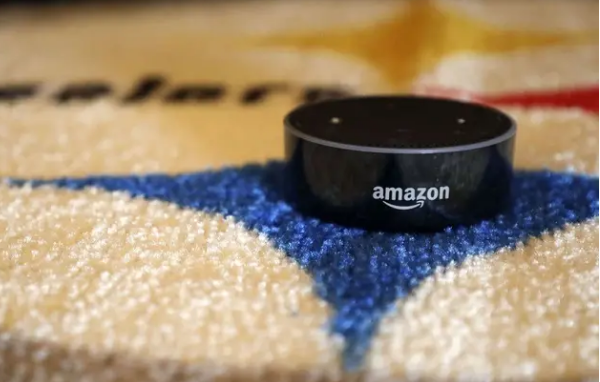This device was presented last week in Lyon at Sido, a show dedicated to robotics, connected objects and artificial intelligence.
The system was developed especially for people with disabilities, who equipped with EEG headphones and virtual glasses, could control electronic devices remotely.
Turn on your television or switch off the light at a glance, it is the dream of every human being ... A dream that could become reality in a more or less near future. Inria, a national research institute dedicated to digital sciences, and Orange have developed a project to this end.
The principle of this device, which was presented in Lyon last week at SIDO (dedicated to artificial intelligence, connected objects and robotics), is to be able to "control" his home remotely by controlling the devices. electronic with the sole strength of the brain. For this, the user will be equipped with EEG headphones and virtual reality glasses.
"This makes it possible to bring another means of communication for those who do not have touch or voice control," says Coralie Haumont, research and development engineer.
An innovation from the electrical signals of our brain
The project has been designed especially for people with disabilities, unable to move as they wish. The device is based on an algorithm that processes the information transmitted by the brain. "The brain of man contains electrical signals with many impulses according to the thought, the concentration, the will ...", explains Coralie Haumont.
Thanks to the virtual reality glasses, the user can view the possible actions of his house. On the side of the screen are flashing icons that refer to different electronic devices. When the person focuses on one of these images, the helmet picks up the same frequency of blinking in the brain with the aid of electrodes. This will allow the algorithm to determine its intention: watch TV, lower the blinds or turn on the living room lamp.
Still in research phase
"A learning phase is essential before use, since the signals depend on each person," said Coralie Haumont.
Still in the research and development phase, the device "piloting the house connected by the brain" will not be put on the market for several years. Other studies on the subject are envisaged as replacing virtual reality glasses with tablets and mobile phones.
Mind-controlled tablets at Samsung?
Alexa: Amazon wants to give eyes to his voice assistant to make a real robot
Eyes for better performance
"The only way to make PDAs really smart is to give them eyes to explore the world," said Rohit Prasad, head of Amazon's artificial intelligence department, at a conference organized by the MIT Technology Review this Tuesday.
Thus, by allowing his personal assistant to understand his environment and the people who speak to him, Amazon hopes to improve its performance. "Language is complicated and ambiguous by definition. Reasoning and context must be taken into account, "Rohit Prasad said.
Today, Alexa quickly displays certain limits. By becoming a kind of domestic robot, the tool could better understand certain subtleties of language by interpreting for example the gestures of his interlocutor.
The creation of this Alexa new generation is for the moment only a hypothesis but the statements of Rohit Prasad fuel the rumor even more.







No comments:
Post a Comment